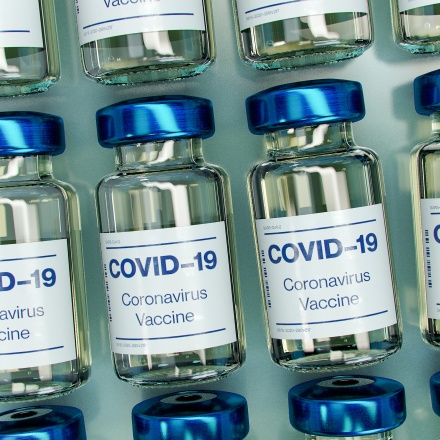
Prepared by Averus partner, employment law expert, Attorney-at-Law Jurgita Venckute
The vaccination of medical specialists against COVID-19 is already causing disputes between workers and employers. It is only a matter of time when it reaches other employers as well (shops, educational establishments, beauty salons, etc.). Obviously, a worker cannot be vaccinated without his consent.
But there are other legal issues:
* Will the employee have the right to require the employer to ensure vaccination when the vaccine is more widely available?
* Does the employer have the right to differentiate working conditions for vaccinated and unvaccinated workers?
* Does the employer have the right to organise the vaccination of workers in general?
* On what grounds will the employer process personal data about the vaccination of employees?
In this context, legal regulatory gaps are a concern. It is important to remove them to ensure a smooth follow-up of vaccination against COVID-19.
Vaccination for the purposes of fulfilling employment duties is not new in labour law. Article 29(5) of the Law on Safety and Health at Work (LSHW) stipulates: “The workers who are at risk to fall ill with a communicable disease shall be vaccinated at the expense of the employer. The list of occupations and positions of the workers who are vaccinated at the expense of the employer shall be approved by the Minister of Health Care.”
This norm does not mean that the vaccination is automatically compulsory for employees. However, it legitimizes vaccines as an occupational safety and health measure applied by the employer. The employer is, therefore, able to make other significant decisions based on this measure, such as organising the vaccination process, processing data on the vaccination of workers, organising working conditions on the basis of vaccination accordingly, etc. on condition that this is properly described in the internal documents, the requirements of proportionality and transparency are observed and all decisions are fairly agreed with the employees' representatives in accordance with the procedure established by legal acts.
There is only one BUT. As the LSHW clearly states, the extent and scope of the vaccination of workers at the employer’s expense are defined in Order No V-716 of the Minister of Health of 14 October 2004. The Order provides for a list of professions and positions of workers to be vaccinated at the expense of the employer. Employers shall draw up lists of workers to be vaccinated namely based on this order. For example, the order provides for the conditions for the provision of vaccines to workers against influenza, tick-borne encephalitis, and other common infections. However, COVID-19 is not included in this list.
Today, an update of this order by including the COVID-19 at-risk occupations and working conditions is required.
On the other hand, no communicable disease has so far affected employment relations as extensively as COVID-19. It would be a major legislative challenge to single out specific professions that would be given the vaccination-related guarantees today. At the same time, amendments to the LSHW are therefore needed to provide for a more comprehensive and flexible way of regulating the rights and obligations of workers and employers with regard to the vaccination of workers. There is a need for clarity, protection of workers, and better conditions for the involvement of employers in the vaccination process.
It should be noted that the conditions and guidelines for vaccination of health care workers for employers are already regulated to a certain extent by special legal acts such as Lithuanian Hygiene Standard HN 47-1:2020 “Personal health care institutions: requirements for infection control”; Order No V-1110 of the Minister of Health of the Republic of Lithuania of 14 November 2008 “On the epidemiological surveillance and management of nosocomial infections”.
While in other sectors the vaccination of workers against COVID-19 is currently outside the legal regulatory framework, workers at risk do not have a legal basis to require employers to create conditions for vaccination.
It is only a matter of time before the vaccination process becomes relevant in the wider society and the different sectors of economic activities. In this context, employers and workers need legal clarity and protection of their legitimate interests. And health policy needs the involvement of employers, creating favourable conditions for the vaccination of workers at risk against COVID-19.